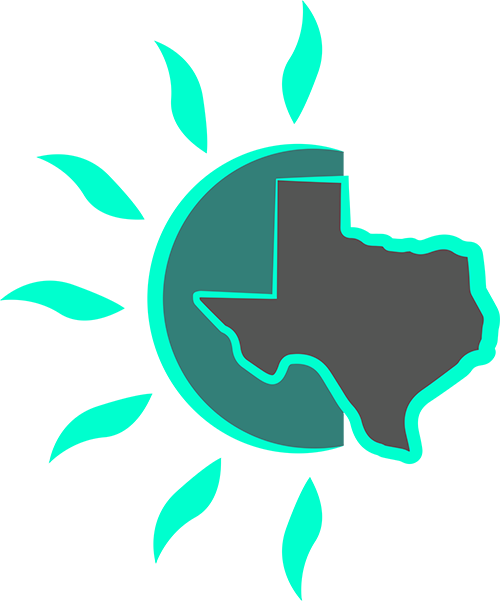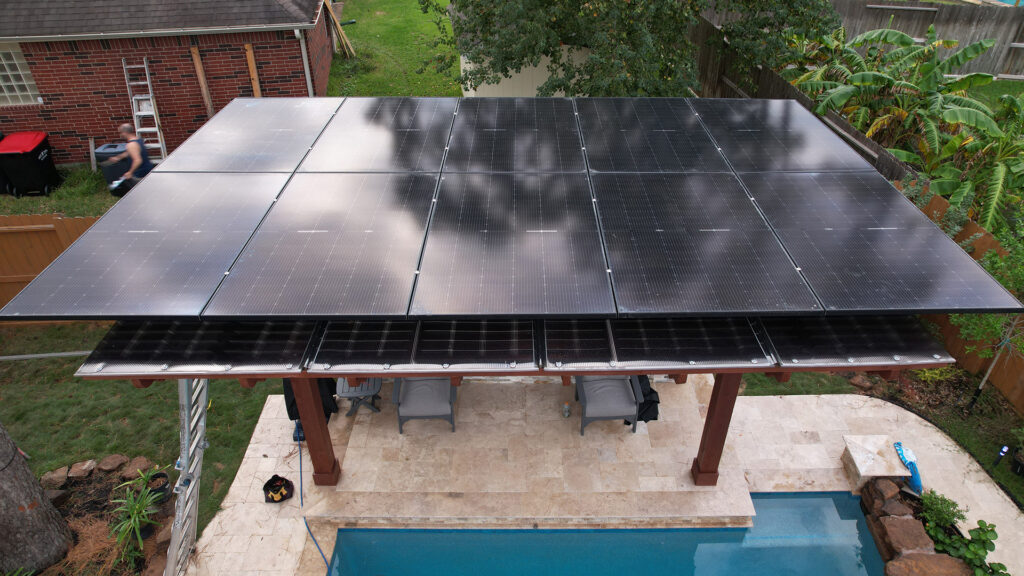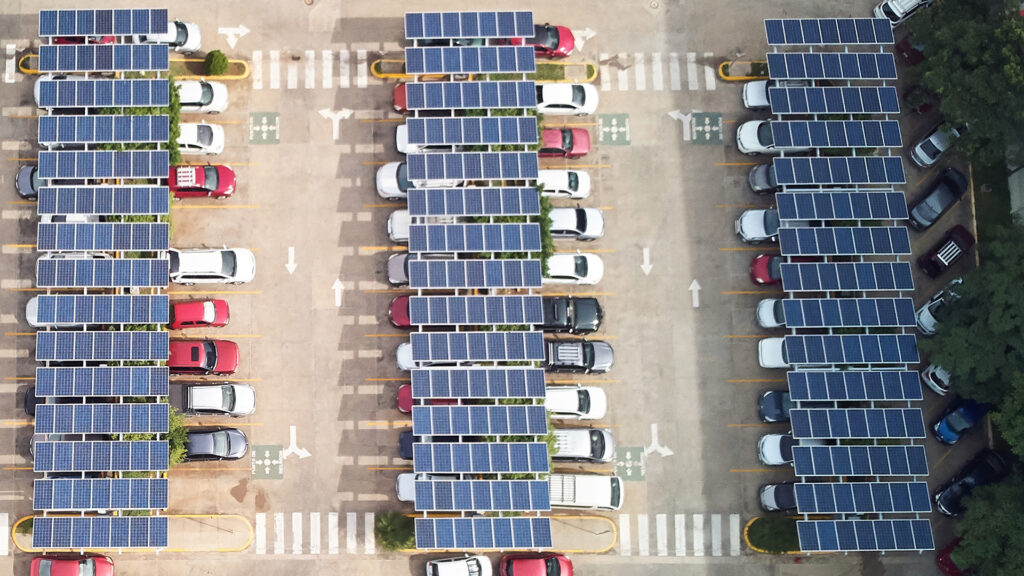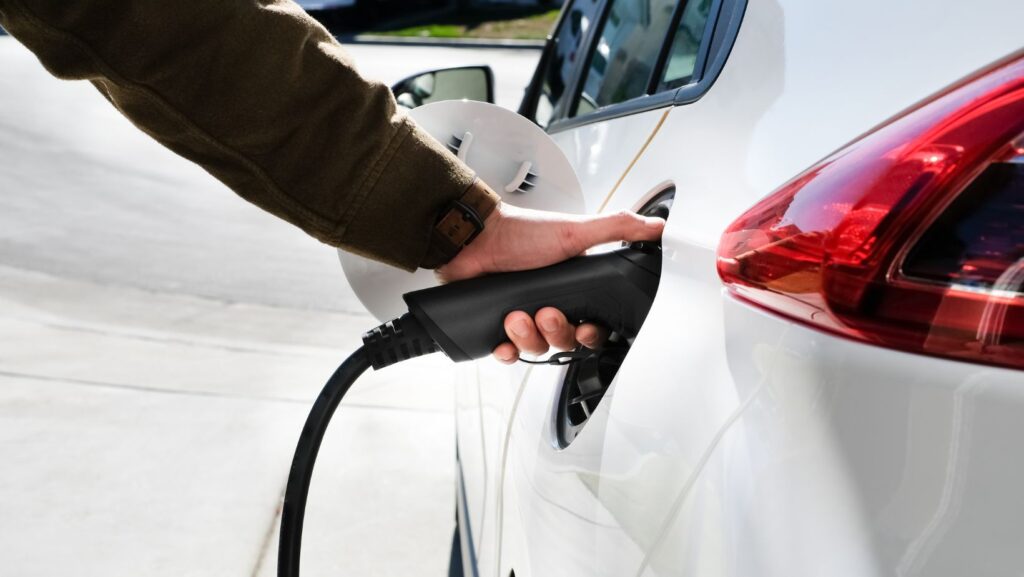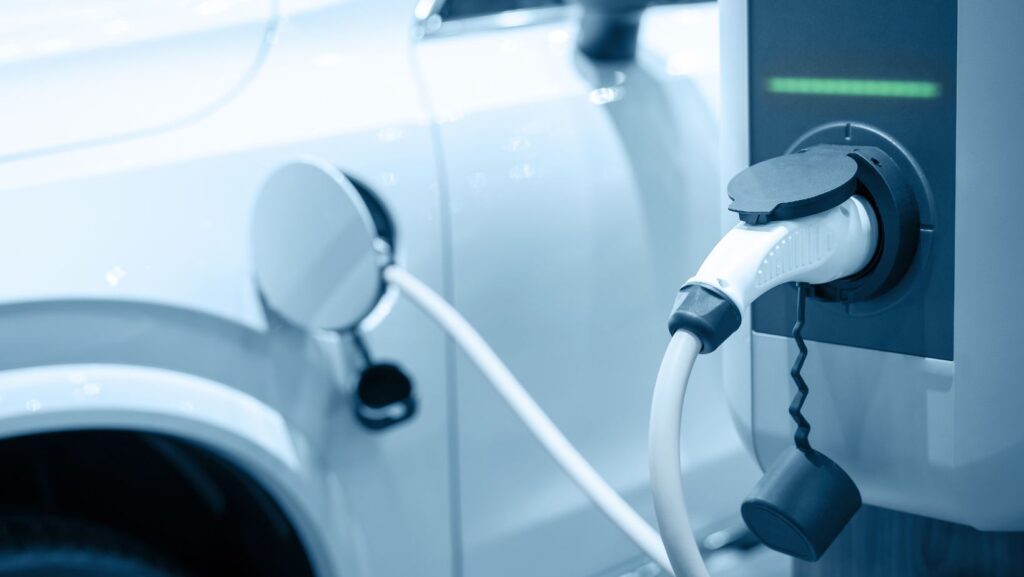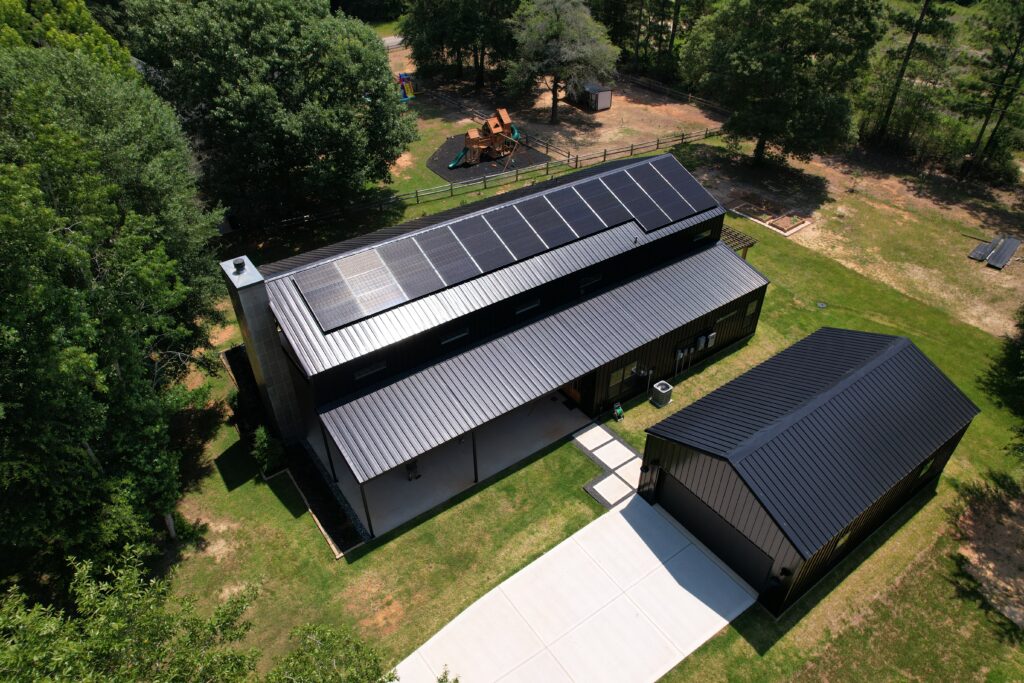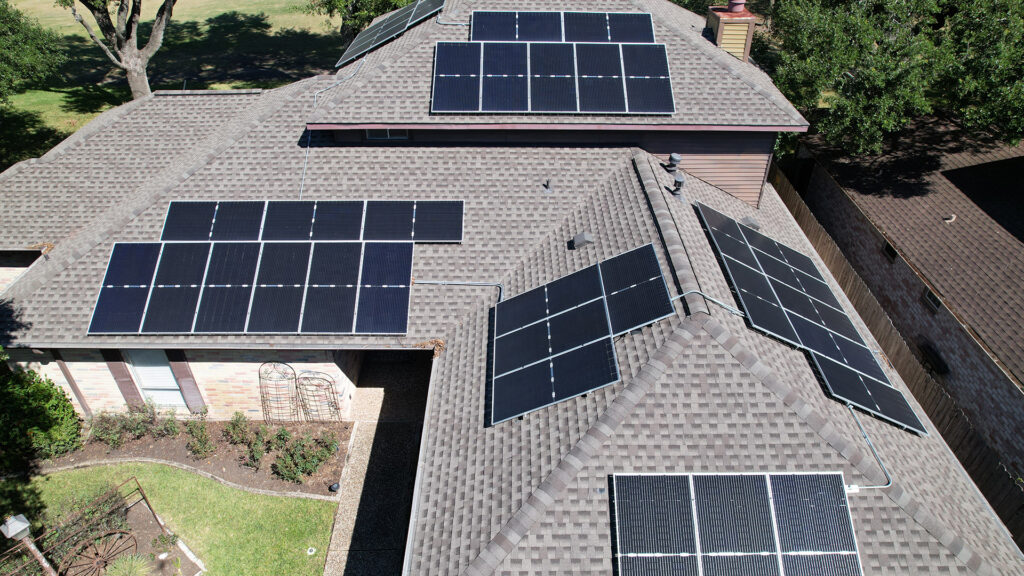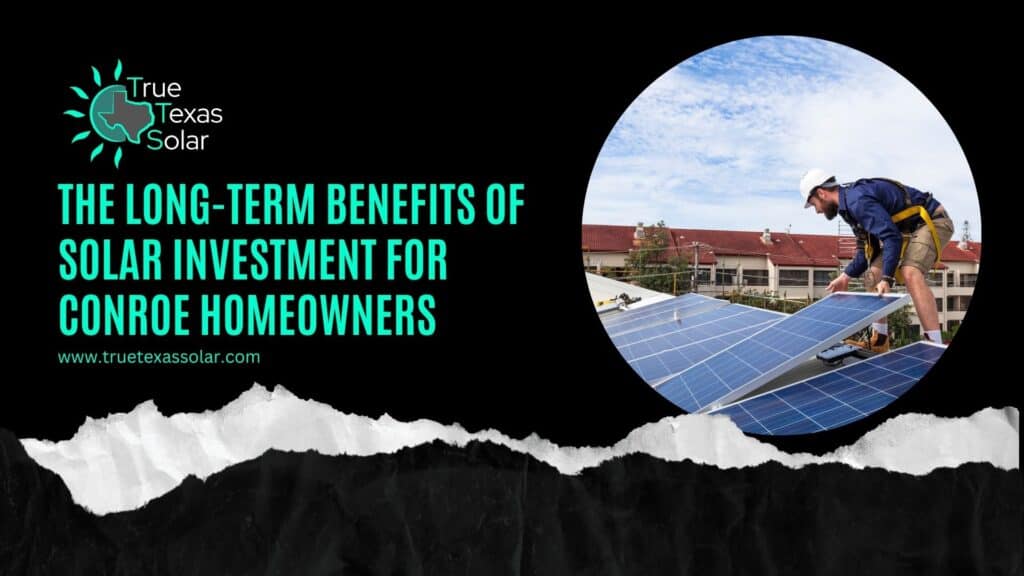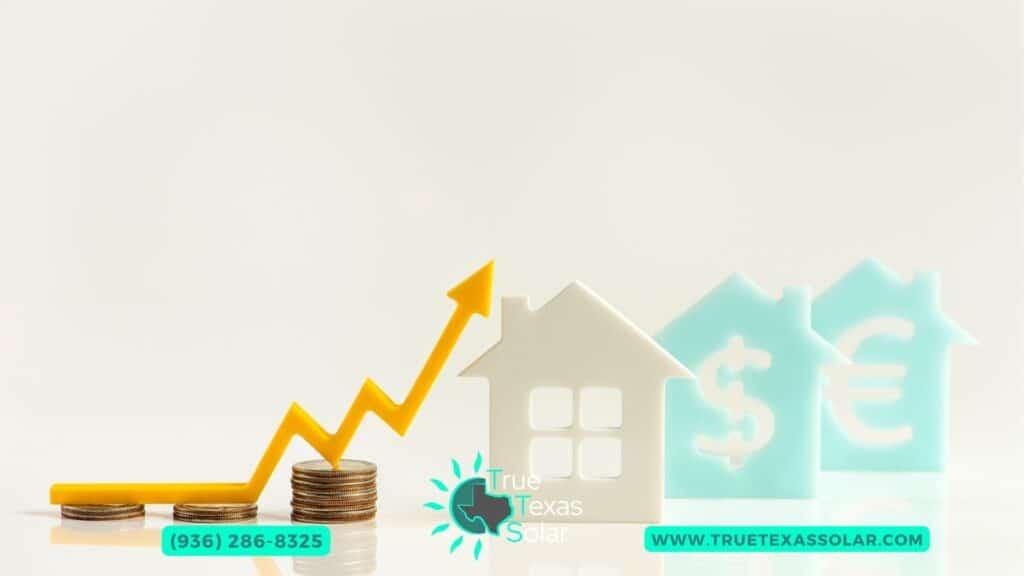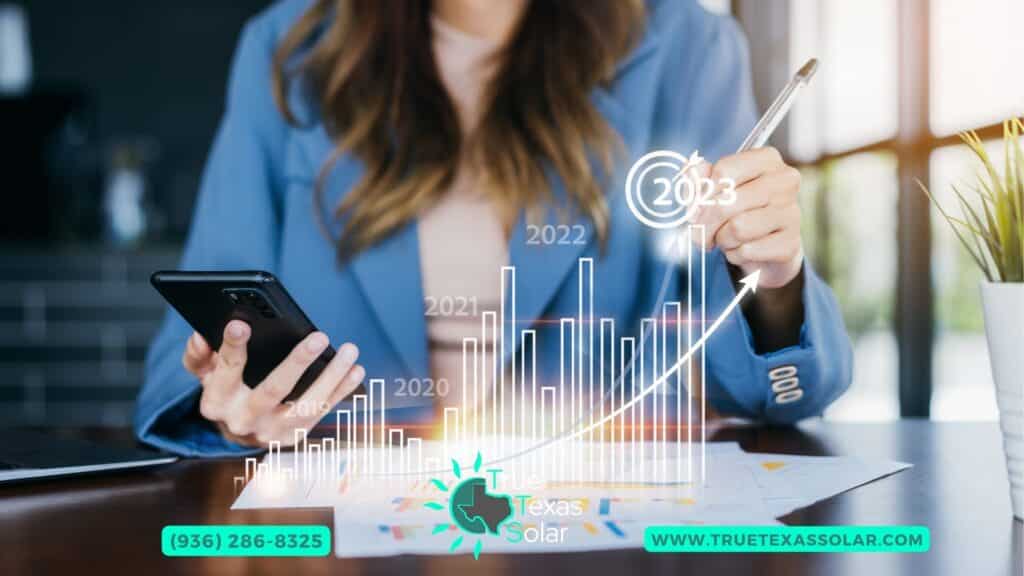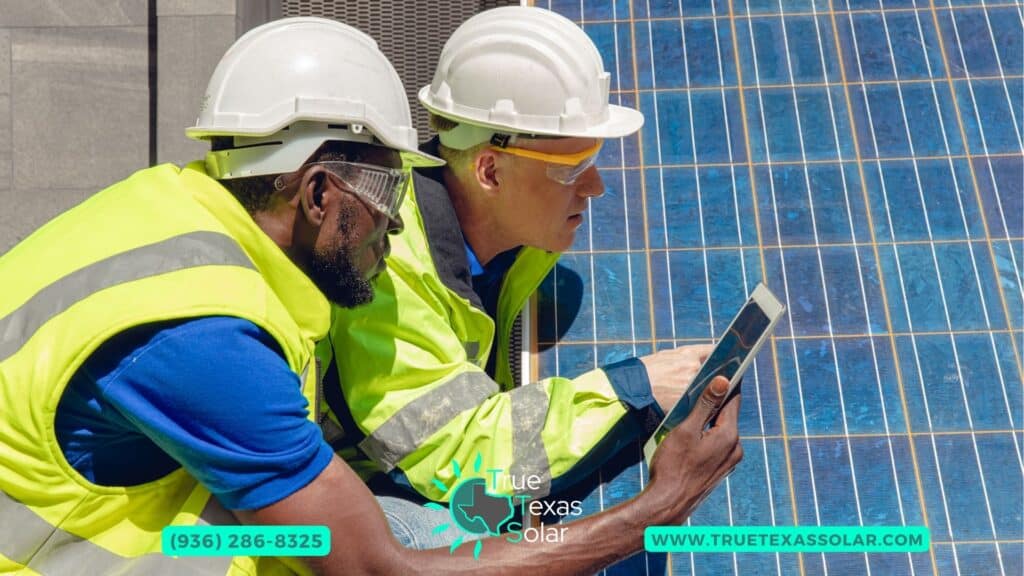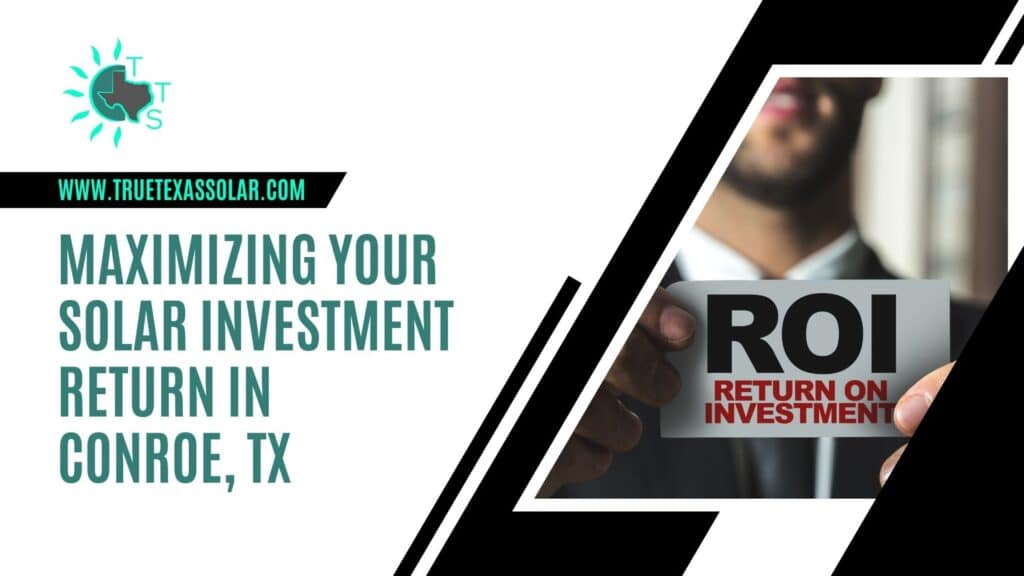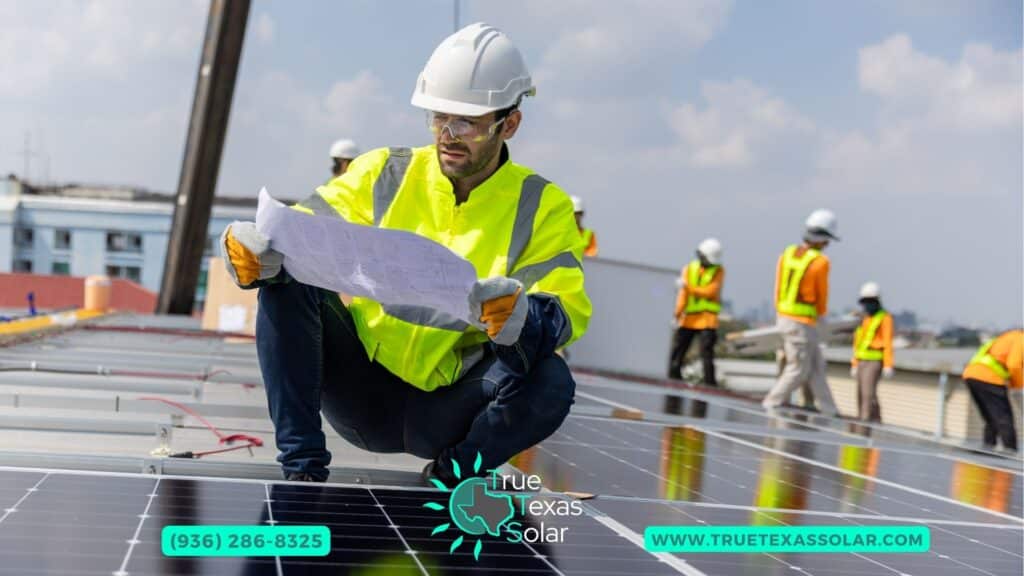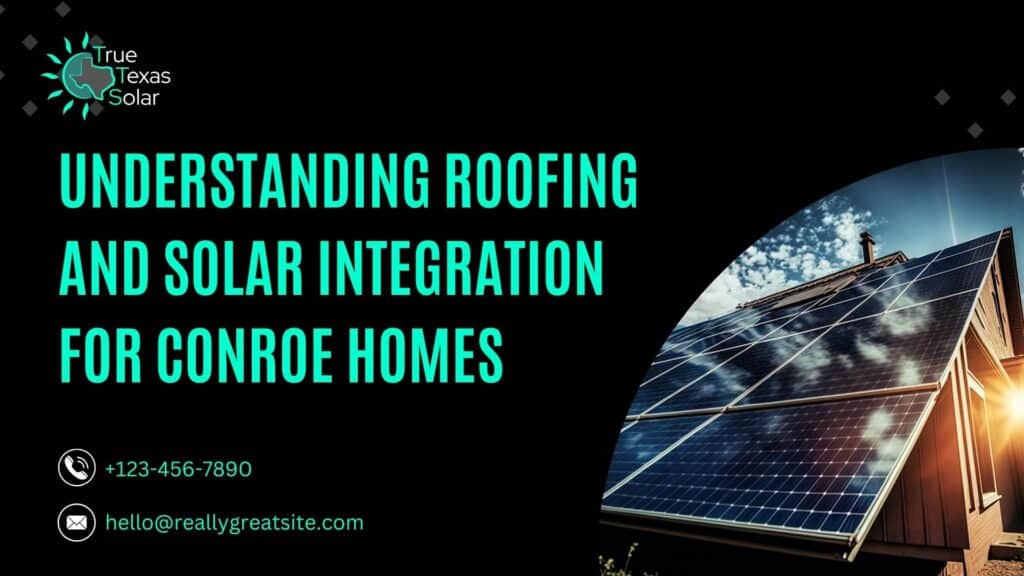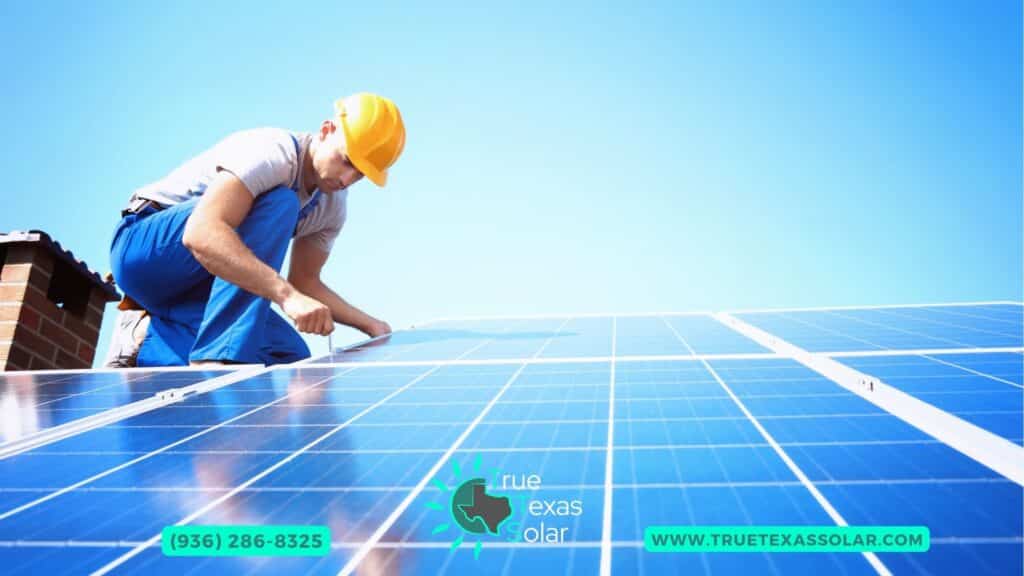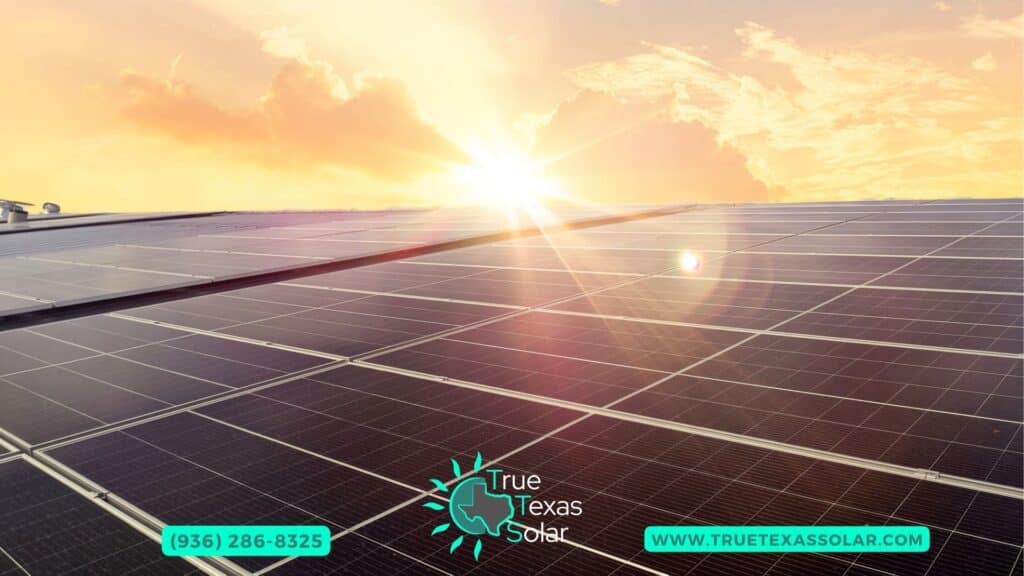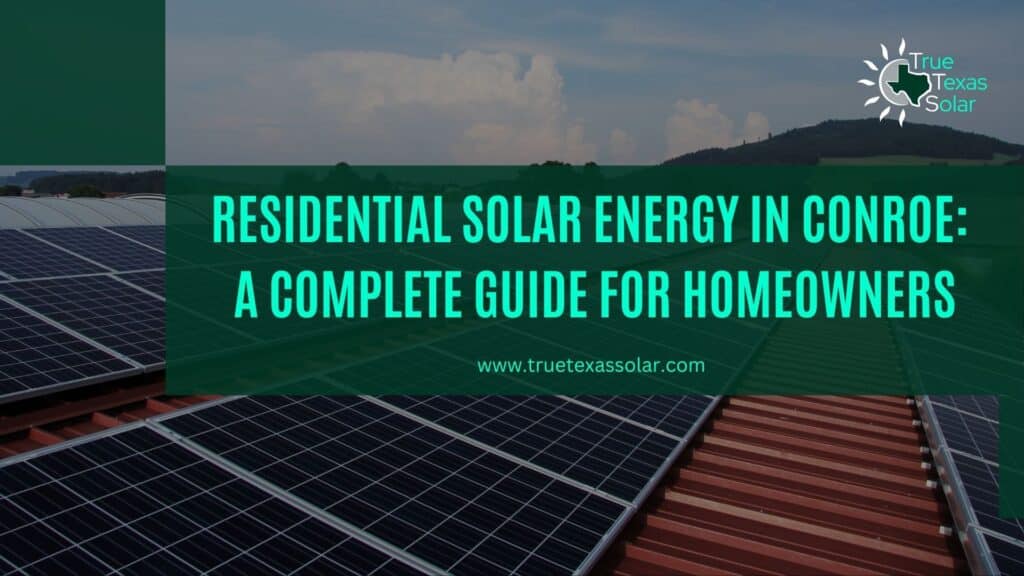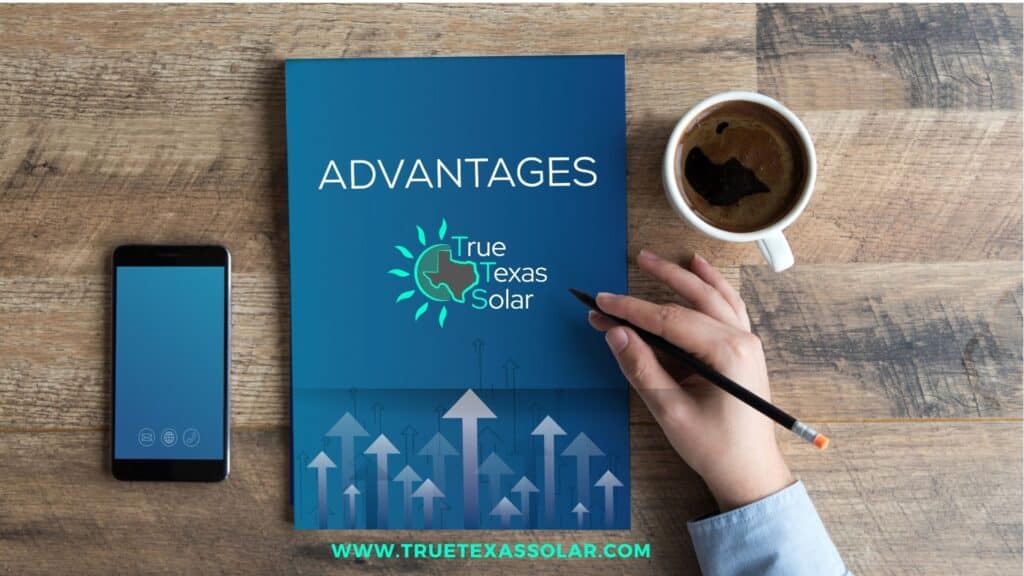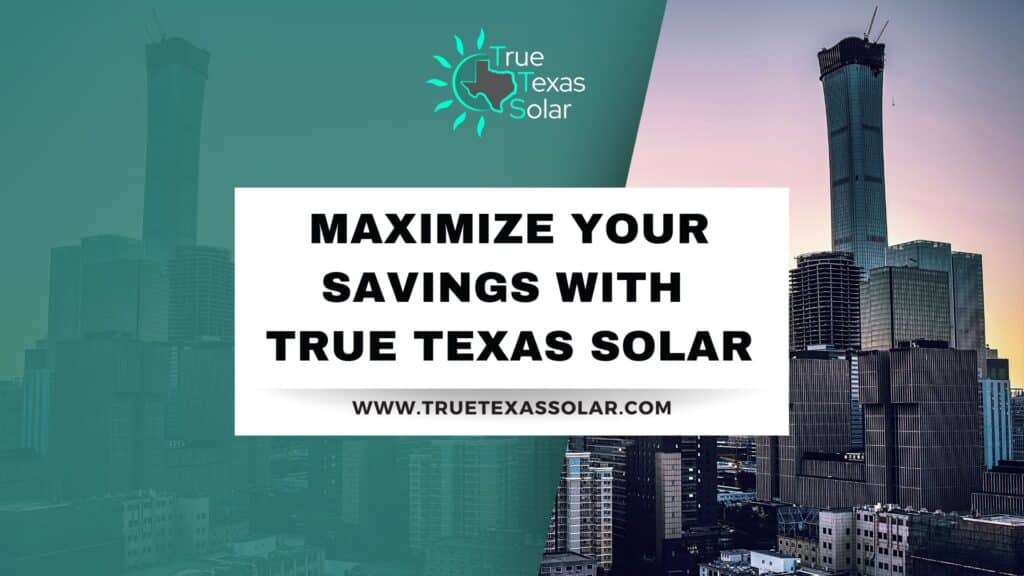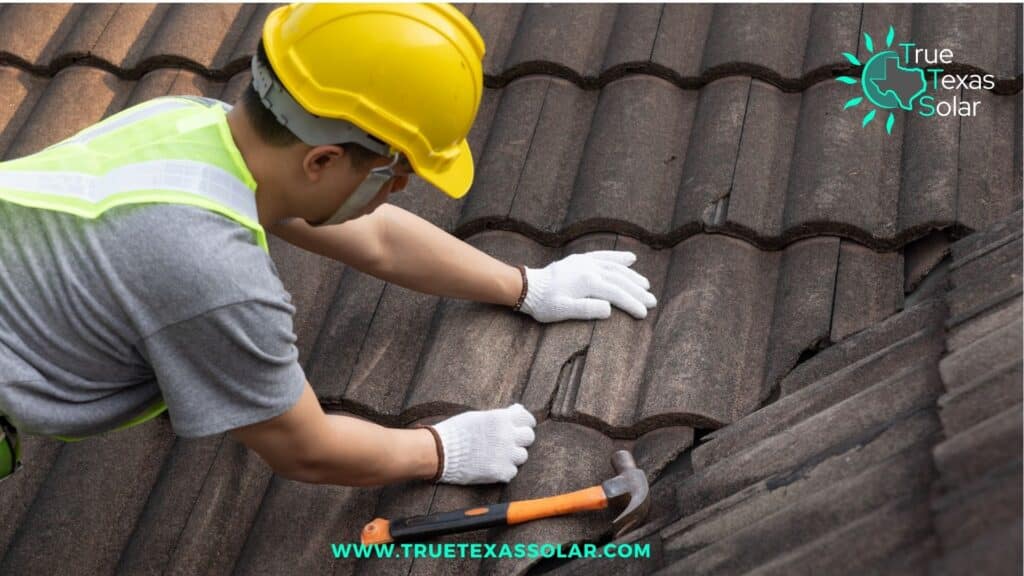Grid-Tied vs. Off-Grid Solar Systems: Which Is Right for Your Texas Home or Business?
Off-Grid Solar System vs. Grid-Tied: Which Is Right for Your Texas Home or Business?
Choosing Between Off-Grid and Grid-Tied Solar Systems in Texas
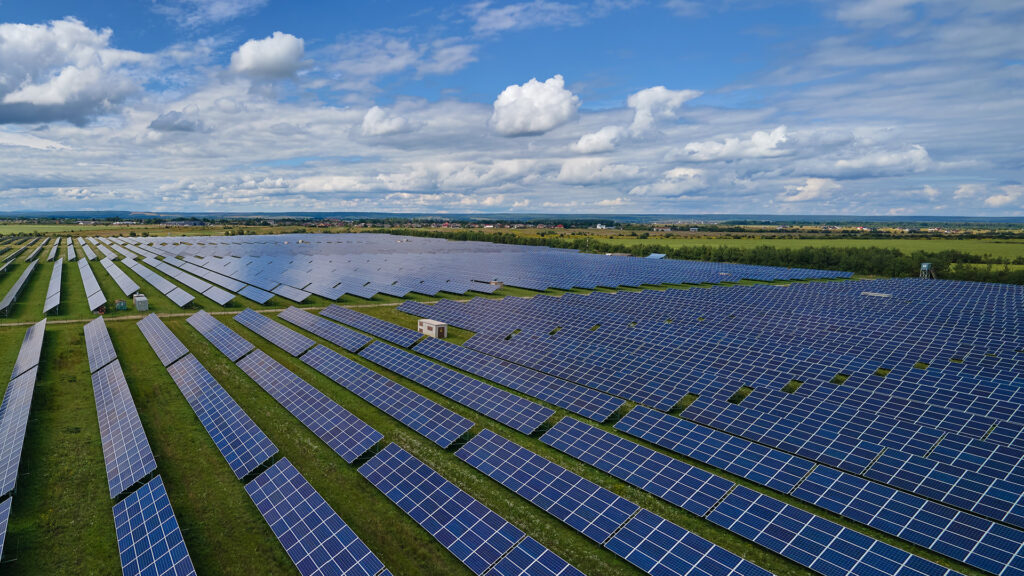
Many people ask us about grid tied vs off grid solar when thinking about solar power. These systems both make electricity from sunlight, but they work in different ways. One stays connected to the power lines. The other works on its own. Both can help you save money and use clean energy. Also, they each have pros and cons, depending on where you live and what you need.
We believe solar should be easy to understand. In other words, you don’t need to be a solar expert to make a smart choice. At True Texas Solar, we help families and business owners all over Texas find the best solar system for their property. So, if you want to learn how these systems work and which one fits you best, you’re in the right place.
What Is Solar Energy and How Does It Work?
What Is Solar Energy and How Does It Work?
Solar energy comes from the sun. Solar panels take light from the sun and turn it into power we can use. They do this without smoke, gas, or noise. The panels sit on your roof or in an open yard. They soak up sunlight during the day. After that, the panels turn that sunlight into electricity for your home or business.
Also, solar power works best in places that get a lot of sun. That makes it perfect for Texas. We help people use the sun to power things like lights, fridges, TVs, and even air conditioners.
Two Ways to Use Solar Energy
There are two main kinds of solar setups. One kind stay connected to power lines. This is called a grid-tied system. If your panels don’t make enough power, you can still use the city’s power. If your panels make more power than you need, you can share it with the power company.
The other kind works without power lines. That’s called an off-grid system. These setups store power in batteries. In other words, they give you full control of your power, even at night or on cloudy days. People who live far from the city often choose this type.
Each setup works in a different way. So, when we talk about grid tied vs off grid solar, we’re really talking about how people choose to get their power. Some want to stay connected. Others want to be on their own. Both are smart choices—it just depends on what fits your life.
What Is a Grid-Tied Solar System?
Easy Power with the Grid
When we talk about grid tied vs off grid solar, a grid-tied system is the one that stays connected to the power lines. This setup lets your solar panels work with the power company. That way, you always have power—even when the sun is not shining.
In other words, the grid helps when your panels don’t make enough energy. If your panels make more than you use, the extra goes back to the grid. After that, you may get credit on your power bill. This is called net metering.
What Parts Does It Use?
A grid-tied solar system has a few main parts:
- Solar panels – These take sunlight and turn it into electricity.
- Inverter – This changes the power from the panels into energy you can use at home.
- Power meter – These tracks how much energy you use and how much you send back.
- The grid – This is the regular power system you stay connected to.
Also, there’s no need for batteries because the grid is your backup.
Why It Works Well in Texas
In Texas, many homes and businesses use grid-tied solar systems. For instance, people in cities like Houston, Austin, or Dallas can use the sun during the day and the grid at night. This setup works great when you want to save money but still want steady power.
Pros of Grid-Tied Systems
- Lower cost upfront – No need to buy batteries.
- Net metering helps save – You can send power back and lower your bill.
- Always have backup – The grid gives you power when the sun doesn’t.
Cons of Grid-Tied Systems
- You still rely on the grid – If the grid goes down, your power may too.
- Changes in rules – Net metering rules can change in the future.
Above all, grid-tied solar systems are simple, smart, and popular in many Texas areas. They work best where the grid is strong and easy to reach.
What Is an Off-Grid Solar System?
Power Without the Grid
When we talk about grid tied vs off grid solar, an off-grid system means your solar setup works on its own. It does not connect to the power company. This setup makes and stores all the power you need.
In other words, off-grid systems use the sun to make power during the day. After that, they store extra energy in batteries for later. So, even at night or when it’s cloudy, you can still turn on your lights, fridge, or TV.
What Does an Off-Grid System Use?
An off grid vs grid tied solar system needs more parts than a grid-tied one. Here’s what it usually includes:
- Solar panels – These collect energy from the sun.
- Charge controller – This helps send power safely to the batteries.
- Battery bank – These store the energy for later use.
- Inverter – This turns the stored power into electricity for your home.
Also, some people add a generator as a backup when there isn’t enough sunlight for a few days.
Great for Remote Areas in Texas
In Texas, many people live far from towns or cities. For instance, ranches or cabins in the Hill Country or West Texas often don’t have power lines nearby. That’s when an off-grid system works best. It gives full control of power, even in places where the grid doesn’t reach.
Pros of Off-Grid Systems
- Full energy control – You don’t rely on power lines or companies.
- No power bills – You make all your electricity.
- Great for remote places – Works well where grid access is hard or costly.
Cons of Off-Grid Systems
- More expensive at first – You need batteries and more parts.
- You must watch your power use – If the batteries run out, there’s no backup unless you have a generator.
Above all, off-grid solar systems offer freedom and control, especially for people in faraway areas. They help you live off the grid while still enjoying the power you need.
Key Differences: Grid-Tied vs Off-Grid Solar Systems
How They Work Differently
When we talk about grid tied vs off grid solar, we’re looking at two ways to get power from the sun. One stays connected to the power lines. The other does not. Each system works best in different places.
For instance, a home in the city might use a grid-tied system. It connects to the power company and uses the sun during the day. After that, it switches to the grid at night if needed. On the other hand, a cabin far from town may use an off-grid system. It stores energy in batteries and works without any help from the grid.
Also, the two systems use some of the same parts, like solar panels and inverters. But off-grid systems need batteries, and grid-tied systems do not. In other words, one stores power, the other shares it with the grid.
Side-by-Side Comparison
Here’s a simple table to show the key differences between a grid-tied vs off-grid solar system:
Feature | Grid-Tied System | Off-Grid System |
Power Source | Sun + power lines | Sun + batteries |
Need Batteries? | No | Yes |
Good for Cities? | Yes | Not usually |
Good for Remote Areas? | Not ideal | Yes |
Backup Power | From the grid | From batteries or a generator |
Net Metering (bill savings) | Yes | No |
Power During Grid Outage | No (unless battery added) | Yes |
Setup Cost | Lower | Higher (due to batteries) |
Which One Fits You Best?
Above all, the right system depends on where you live and what you need. If you live near a city and want to save money, a grid-tied system is a smart choice. It’s easy to install and works well with net metering.
But if your home is far from the grid—like on a farm or in the woods—an off-grid system gives you full control. It works even if the power lines don’t reach your home. So, both grid-tied vs off-grid solar systems are great. You just need to pick the one that fits your life best.
Which Solar System Fits Your Property Type?
When we help people choose between grid tied vs off grid solar, we look at where they live and how they use power. Some systems work better in cities. Others are great for faraway places. Also, business owners may need something different than homeowners.
In other words, your home or building type plays a big role in picking the right system. So, let’s look at what works best for each kind of property.
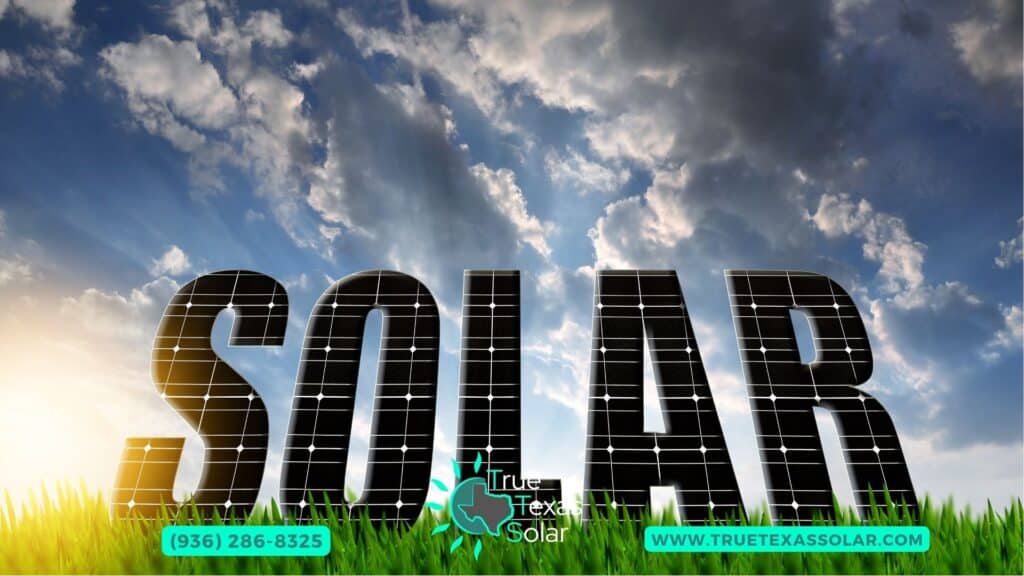
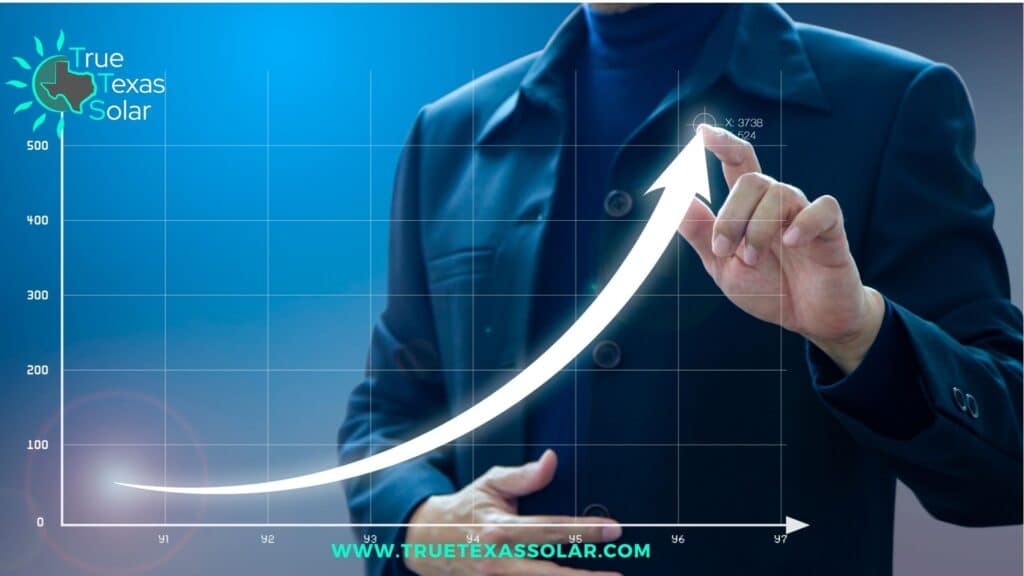
Urban Homes
If you live in a town or city, a grid-tied solar system is usually the best choice. These homes already have power lines nearby. That means it’s easy to connect your solar panels to the grid. After that, you can use the sun during the day and the grid at night.
For instance, many homeowners in Houston and Dallas choose this option to lower their bills and enjoy backup power. To learn more, visit our page about residential solar.
Rural Homes
In the country, homes are often far from power lines. That makes an off-grid solar system a smart choice. These systems store power in batteries, so you don’t need help from the grid.
Also, you can add a small backup generator in case of cloudy days. This setup is great for farms, ranches, or cabins where it’s hard to run power lines. It gives full control of your energy, day and night.
Commercial Properties
Businesses need strong, steady power. A grid-tied system often works well for shops, schools, and offices. These buildings usually use more power, and staying connected to the grid helps avoid outages.
For instance, many business owners choose solar to lower costs and show they care about the environment. If your company wants to go solar, check out our commercial solar services.
Above all, choosing the right system depends on your location, how much power you use, and what matters most to you—saving money or full energy control.
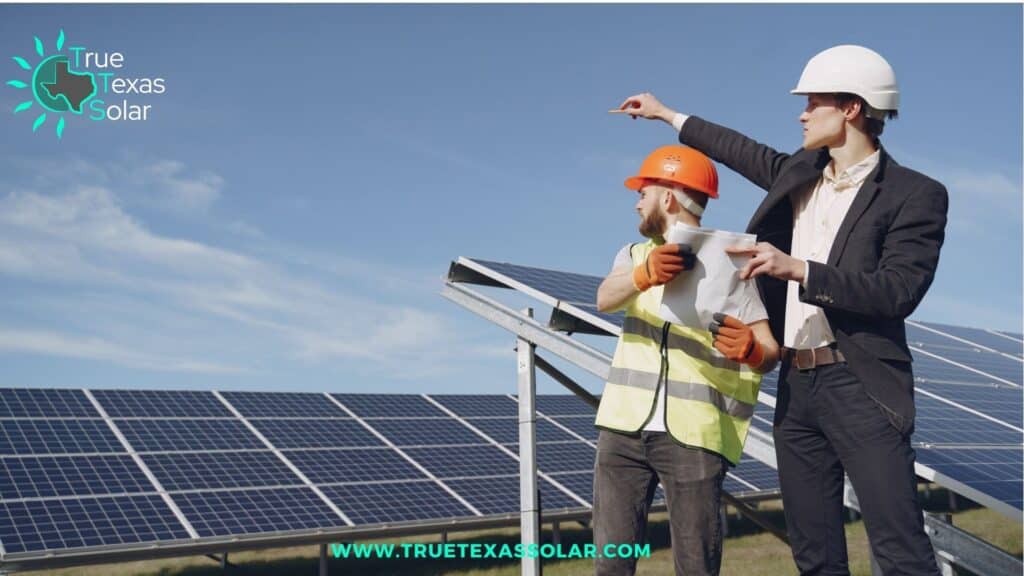
Energy Needs and Texas Weather: What You Should Know
Energy Independence or Reliability?
When picking between off grid vs grid tied solar, it helps to ask what matters more to you. Do you want to be free from the power company? Or do you want steady power at all times?
If you want energy independence, an off-grid system gives you full control. You make your own power. You store it in batteries. After that, you use it any time—day or night. This is great for people who live far from towns or just want full freedom.
In other words, you don’t rely on anyone else for power. But you also need to manage your energy carefully, so you don’t run out.
On the other hand, if you care more about reliability, a grid-tied system may be better. It works with the power lines. If the sun isn’t shining, the grid helps you out. Also, you can save money by sending extra power back to the grid.
So, each system has its own strength. One gives you freedom. The other gives you support.
How Texas Weather Affects Solar Power
Texas has lots of sunshine, which is perfect for solar. But the weather can change fast. Some areas get very hot summers. Others may have storms or cloudy days in winter.
That means your solar system needs to be built the right way. For instance, in places with long sunny days, you can get more power. In areas with storms, you may need backup batteries or a stronger setup.
Also, it’s smart to plan your system based on how much sunlight your roof gets. Shade from trees or buildings can lower your power. So, we always look at the best place to install your panels.
At True Texas Solar, we design systems that fit Texas weather. We check how much sun you get and how much power you need. To learn more about how we plan every step, visit our process.
Above all, whether you choose grid tied vs off grid solar, your system should match your energy goals and handle the Texas sun with no problem.
Key Takeaway
Choosing between grid tied vs off grid solar depends on what you need. If you want steady power and lower bills, a grid-tied system is a great fit. If you live far from the city or want full control, an off-grid system may be better. In other words, the right choice depends on your home, location, and lifestyle.
Above all, we’re here to help you make the best decision. Our team at True Texas Solar will look at your needs, explain your options, and guide you step by step. If you’re ready to get started or have questions, feel free to contact us today.
FAQs
What’s the difference between grid-tied and off-grid solar?
The main difference is where the power comes from. Grid-tied solar uses both sunlight and help from power lines. Off-grid solar only uses sunlight and stores extra power in batteries. In other words, grid-tied systems stay connected to your electric company. Off-grid systems work alone, even if power lines are not nearby.
Which system costs more?
Off-grid systems usually cost more at the start because they need batteries. These batteries store power for later use. Also, grid-tied systems are cheaper to install since they use the grid instead of batteries. Over time, both systems can save you money.
Will I still get power at night?
Yes, but it depends on the system you choose. Off-grid systems use stored battery power at night. Grid-tied systems use the electric grid when the sun goes down. Therefore, both setups can give you power at night—you just get it in different ways.
Which one is better for my home?
That depends on where you live. If you live in a city or town, grid-tied solar works best. If you live far from power lines, off-grid is a better fit. For instance, many city homes use grid-tied systems to save money. But cabins or farms use off-grid systems for full energy control.
What’s the best choice between grid tied vs off grid solar?
Both are great options. The best one depends on your location, energy needs, and how much freedom you want from the power company. Above all, it’s smart to talk with solar experts before deciding. We’re happy to help you choose the right system for your home or business.
Lorem ipsum dolor sit amet, consectetur adipiscing elit. Ut elit tellus, luctus nec ullamcorper mattis, pulvinar dapibus leo.
